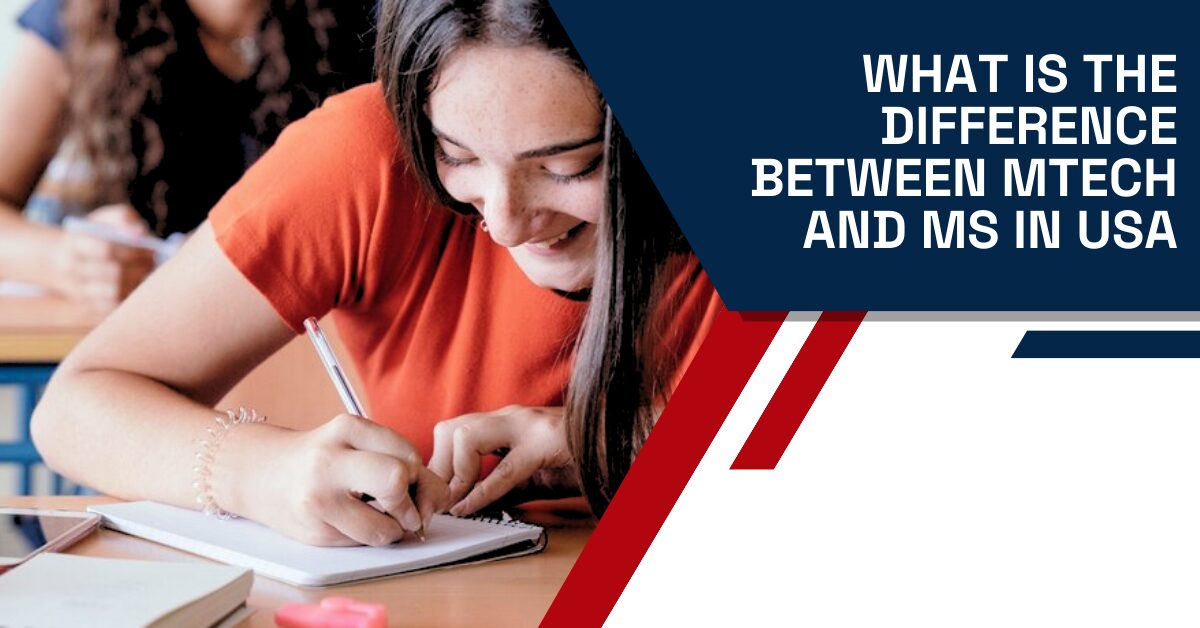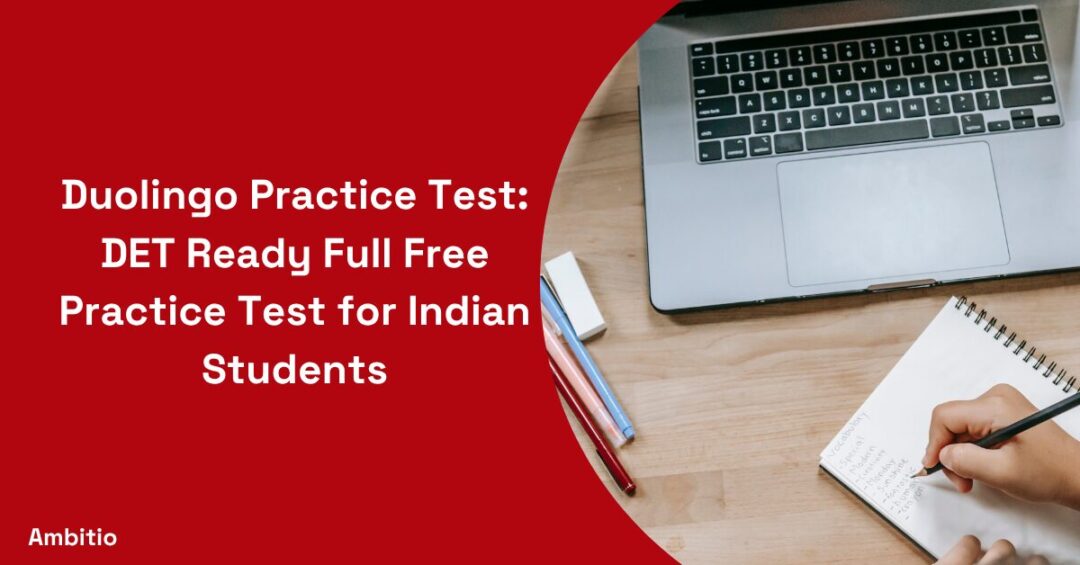BLOGS
Explore our blog for insights on studying abroad.
Unlock tips and guidance to navigate your journey successfully.
Recent Blogs

Start Your University Applications with Ambitio Pro!
Get Ambitio Pro!
Begin your journey to top universities with Ambitio Pro. Our premium platform offers you the tools and support needed to craft standout applications.
Unlock Advanced Features for a More Comprehensive Application Experience!

Start your Journey today

Start your Journey today
The Ultimate Guide to Studying Abroad
Read more...- Australia
- Canada
- France
- Germany
- Ireland
- New Zealand
- UK
- USA
Secure those Scholarships
Read more...Ace your tests
Read more...- Duolingo
- GMAT
- GPA
- GRE
- IELTS
- PTE
- SAT
- TOEFL













































